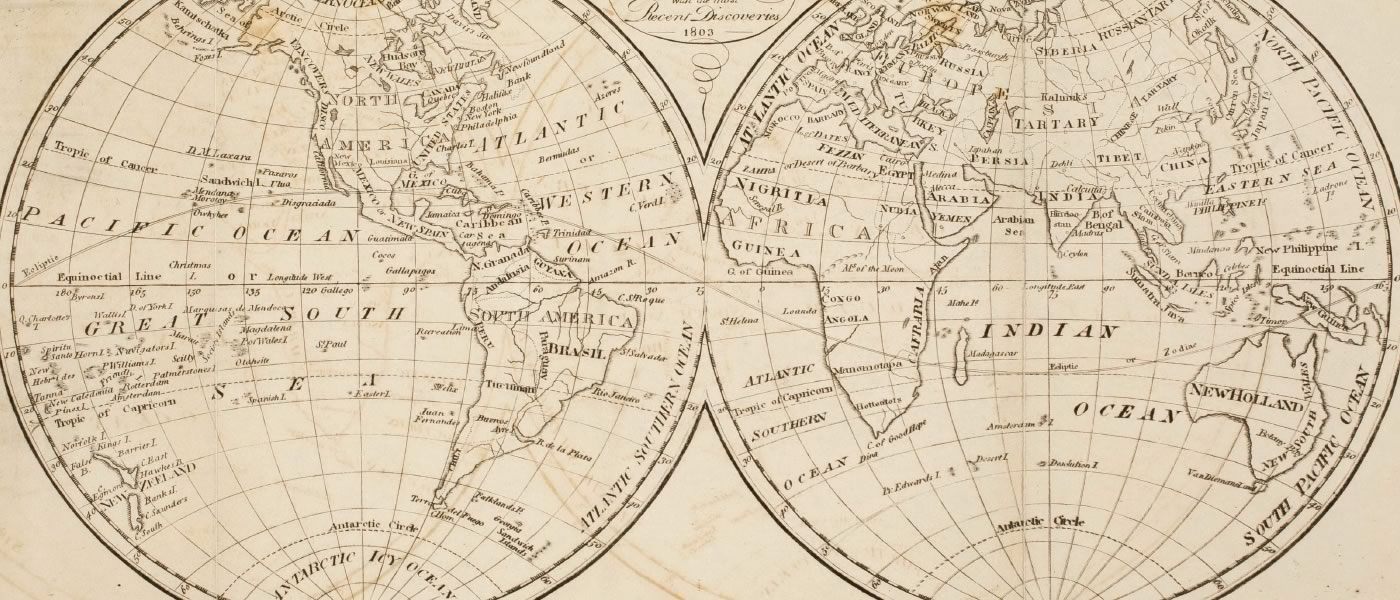A look at a current news item through the lens of different Gale electronic resources.
By Michelle Eickmeyer
Oh Nepal… This week’s earthquake, the following tidal wave of repeated avalanches and mudslides, and the heartbreak of loss has shown a new light on this little-known part of the world. Such a tiny country, the majority of the world know Nepal as merely the home of Mt. Everest. As with most of the world, the history of Nepal is marked with conflict, evolving borders, and the quest for singular identity. It is the birthplace of Buddha and the home of about 28 million people. Its beautiful and full of prayer flags and industrious sherpas. Beyond that, what do you know?
Fundamental life in Nepal is drastically different from the U.S., and many of these differences are key in making the recovery from the recent earthquake and subsequent mudslides, avalanches and other suffering dramatically more difficult. It is slightly larger than the state of Arkansas (with a scant 3 million residents), and divided into 3 regions. A Nepalese resident will use 99.28% LESS electricity, 98.9% LESS oil, and make 97.16% LESS money than the average American. They will be more likely to be unemployed, die sooner (if they make it through infancy) and have more children. Life in Nepal is difficult (source). Nepal ranks 121st (of 158) in this year’s world happiness report. Some comparisons: Canada, 5; Australia, 10; United States, 15; United Kingdom, 21. (source)
In many ways, Nepal is the cultural center of finding yourself. Whether its through the physical dedication to a life-threatening climb, or through the mental dedication of peace and wisdom of Buddhism. Serendipitous these two activities occur in the same location? Probably not.




